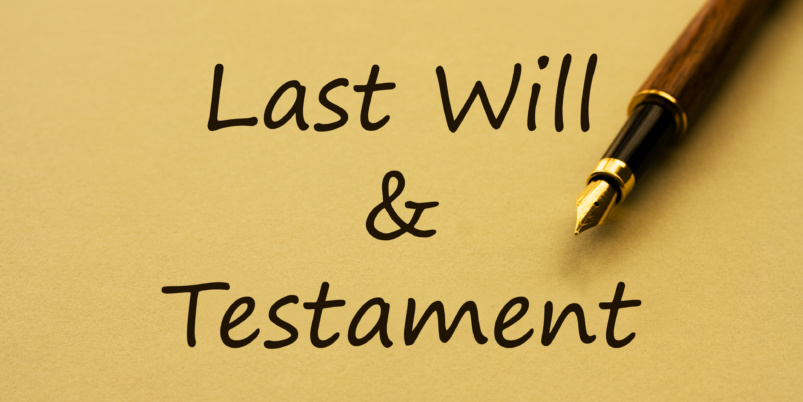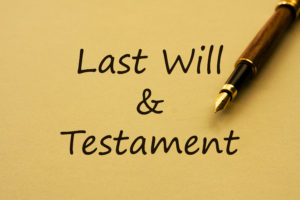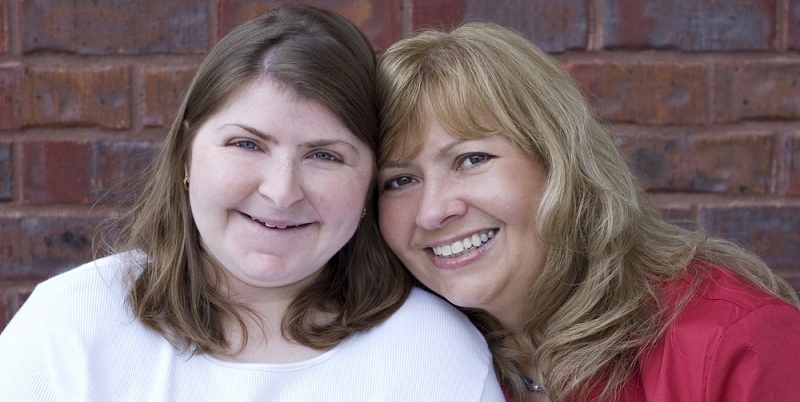Our Wills, Estates and Trusts law boutique seeks to expand our practice areas to better serve our clients. We have established our law practice in the west-end of Ottawa. Kanata-Stittsville is a growing community and an ideal…


Our Wills, Estates and Trusts law boutique seeks to expand our practice areas to better serve our clients. We have established our law practice in the west-end of Ottawa. Kanata-Stittsville is a growing community and an ideal…

 The good news is, yes, it is possible to achieve both of these estate planning goals. The bad news is that the situation can lead to friction among the parties involved.
The good news is, yes, it is possible to achieve both of these estate planning goals. The bad news is that the situation can lead to friction among the parties involved.
In a Will, you can grant an individual (or more than one) a ‘life interest’ in a real property. This may be a specific property or may be drafted more generally to include any property that is being used as a principal residence at the date of your death. A life interest gives the individual (or ‘life tenant’) the right to use and occupy the property for the duration of their lifetime. The Will will go on to specify how the property shall be dealt with upon the death of the life tenant.
We often encounter this type of estate planning in second marriages.
It is estimated that there are over 200,000 individuals living with dementia in the province of Ontario and this number continues to climb. In an effort to better serve our clients living with dementia and their loved…


The Ontario Bar Association has deemed November to be ‘Make a Will’ month. What a fitting way to encourage the roughly half of Canadians who don’t have Wills to see to their estate planning.
Many are surprised to learn that every capable adult over the age of 18 should have a valid, up-to-date Will. Even if a person has very few assets, most people do have something, whether it be some household goods or digital assets such as a Facebook or Instagram account. Also, everyone is required to file an income tax return every year and the year of death is no exception.

Mark your calendars. On Thursday, November 2 from 3 pm to 5 pm, we invite you to visit our open house to mark the start of the Ontario Bar Association’s ‘Make-a-Will’ month. You will have the opportunity…

 Most new parents that we meet with are aware that they can name someone in their Will to have custody of their minor children should they die. More often than not, it is this critical appointment that is the driving force behind their estate planning. It is usually the most difficult decision they have to make. What many of these new parents are surprised to learn, however, is that any such appointment is only valid for 90 days.
Most new parents that we meet with are aware that they can name someone in their Will to have custody of their minor children should they die. More often than not, it is this critical appointment that is the driving force behind their estate planning. It is usually the most difficult decision they have to make. What many of these new parents are surprised to learn, however, is that any such appointment is only valid for 90 days.

 The Office of the Public Guardian and Trustee (‘PGT’) is under the umbrella of Ontario’s Ministry of the Attorney General. One of the mandates of the PGT is the protection of individuals who have been found to be mentally incapable of managing their property. In such instances, the PGT may become a person’s statutory guardian of property.
The Office of the Public Guardian and Trustee (‘PGT’) is under the umbrella of Ontario’s Ministry of the Attorney General. One of the mandates of the PGT is the protection of individuals who have been found to be mentally incapable of managing their property. In such instances, the PGT may become a person’s statutory guardian of property.
The role is called a ‘statutory’ guardian as it is created pursuant to a written law or ‘statute’. In Ontario, that statute is the Substitute Decisions Act (‘SDA’). The statute sets out how substitute decisions makers are appointed, including how the PGT becomes the statutory guardian of property of an incapable person.


Unfortunately for executors, there is not much guidance to be gleaned from the law when it comes to dealing with a deceased’s digital assets. Quite simply, the law has not kept up with the rapid pace of technology in relation to what an executor should or should not do with a person’s digital assets upon their death.
That being said, drawing upon what the law does say with respect to how an executor is required to deal with the deceased’s assets and what we know about digital assets in general, here are the steps an executor should take with respect to the deceased’s digital assets:


When someone dies without a Will, their estate is distributed according to Ontario’s intestacy laws as set out in the Succession Law Reform Act (SLRA). The deceased’s estate would consist of those assets that were solely owned by the deceased at the date of their death plus those assets that were payable to their estate such as life insurance or RRSP’s. Generally speaking, assets held jointly with a spouse and assets payable to a named beneficiary would not form part of the estate.
Under Ontario’s intestacy laws, only a legally married spouse is given the right to receive a share of a deceased spouse’s estate. So, in other words, a common law spouse does not have an automatic right to receive any of the estate of their deceased common law spouse.

 Ontario’s recently announced Spring 2017 Budget included some very welcome, and long overdue, changes to the Ontario Disability Support Program (‘ODSP’). Although seen by many as not going far enough, it is hoped that these changes represent a step in the right direction.
Ontario’s recently announced Spring 2017 Budget included some very welcome, and long overdue, changes to the Ontario Disability Support Program (‘ODSP’). Although seen by many as not going far enough, it is hoped that these changes represent a step in the right direction.